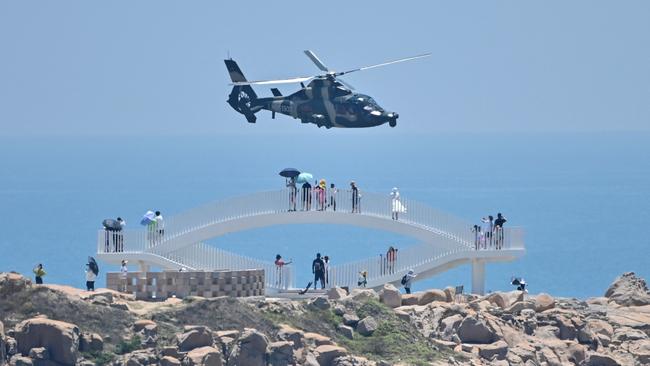
It’s simple. We call for the status quo to be maintained, reject our status as “America’s tethered goat”, whatever that means, and when the shooting starts we call the Americans because “we must privately advise that Australia will not provide military support”.
Voila! In one step the Australian goat untethers itself. Keating and Stanford assure us that “there is no suggestion we should jettison ANZUS”, but it is wrong to be “seeking security from Asia rather than in Asia”.
They say Australia must “assert its longer term national interest” apart from the ANZUS alliance, and that “China is seeking to be the dominant power in the Asia-Pacific”. Geography is destiny. With China “we need to develop a mutually acceptable modus vivendi” – a “goat-us vivendi”, perhaps, showing how Australia can uniquely be in the Asia-Pacific but not involved in the region’s wars.
With Keating and Stanford, I can agree that the prospect of a war over Taiwan is unremittingly bad, especially for the Taiwanese but also for the world. Should a war break out, China’s standing in the world will be irrevocably damaged. A country that was once an engine of growth and industry will be cast as a totalitarian aggressor, never to be trusted again.
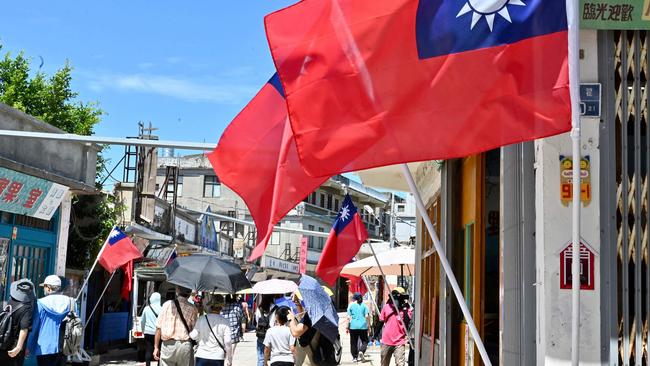
A war would accelerate a delinking of the developed world and Beijing, devastating the Chinese economy and imperilling the Communist Party’s hold on power. Even worse would be the human suffering caused by military conflict. Keating and Stanford are right to worry that the conflict could not be limited and might involve nuclear weapons.
In every other respect, though, Keating and Stanford’s policy recommendations are wrongheaded and dangerous. If Australia sought to “check out” of a conflict, we would be making a war more likely and making ourselves more vulnerable to Beijing’s coercion.
The case for why Australia should want to be part of the defence of Taiwan starts with the recognition that the country is a robust liberal democracy that for decades has had free and fair elections, a lively free press and an independent judicial system, and has sought to be a constructive international partner.
Taiwan is, in other words, much like us. It should matter to Australia that Taiwan’s 23 million people overwhelmingly prefer their political system and don’t want to be subjected to the Chinese Communist Party’s brutal surveillance state.
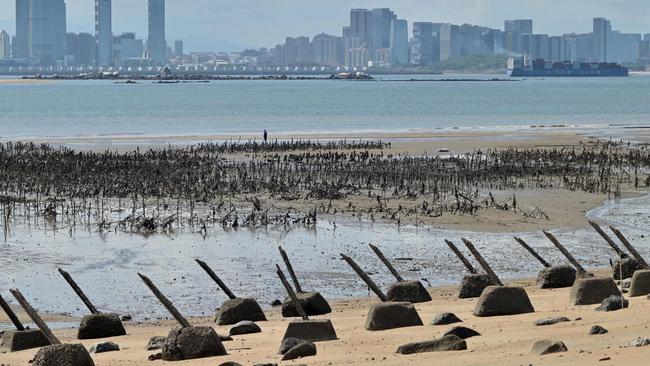
If the world can’t see the point of defending Taiwan, why should we have any expectation that countries would come to Australia’s defence if we are attacked?
As the Europeans have just been reminded by Russia’s invasion of Ukraine, security for democratic states comes from joining together.
A second reason to defend Taiwan is that the island’s security matters profoundly to our key ally, the US. Make no mistake about it, Washington will call Canberra if a war seems likely.
The US will expect Australia to play a role in defending the security of our own region, not least in making our territory available to US military forces dispersing from multiple locations in the Pacific.
If Australia “checks out” from our security obligations in the region, in effect we will be checking out from our alliance with the US. This will make us significantly less secure. Absent the US alliance we could double or triple defence spending and still not compensate for the value that comes from being a close partner of the world’s strongest superpower.
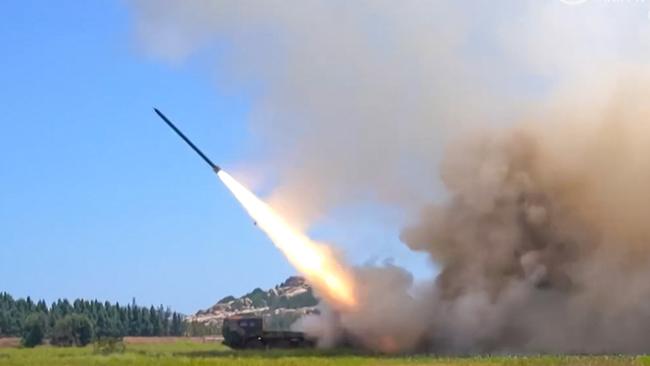
Checking out means no nuclear-propelled submarines, a black hole where an intelligence relationship once existed, the end of plans for domestic missile production and a tapering of support for the Australian Defence Force, which mostly is built around American military equipment.
A weakened alliance would deliver Beijing a massive strategic win, turning Australia into a flatter, browner version of New Zealand, a country that long ago decided that quiescence in the face of Chinese bullying was the best way to export large amounts of dairy products.
If it became known that Australia would not support an American defence of Taiwan this could embolden China. Beijing might conclude that US power was declining in the Asia-Pacific and that a swift attack on Taiwan could be successful.
This would be a serious misreading of American capabilities and intentions. Talking down American power is a favourite parlour game in some strategic circles. Not for a minute would Australia’s advocates of China’s unstoppable rise and America’s inevitable decline choose to live in Shenzhen over Seattle.
A third reason Australia needs to be concerned for the security of Taiwan is because communist control of the island changes the strategic balance in Asia. Beijing would have the ability to isolate Japan from its vital energy imports.
It’s often claimed that ships denied access to the South China Sea simply must sail farther to the east and trade is delayed but not disrupted. But Chinese submarines operating from Taiwan’s eastern ports would have free access into the Pacific, imperilling all shipping.
A successful Chinese attack on Taiwan hands Beijing the island’s globally significant semiconductor industry, creating another point of coercive leverage over the developed world.
Particularly in circumstances where the world chooses to look the other way, an emboldened Beijing that has forcibly incorporated Taiwan could choose to prosecute other territorial claims. China has border disputes with all its neighbours, including Russia.
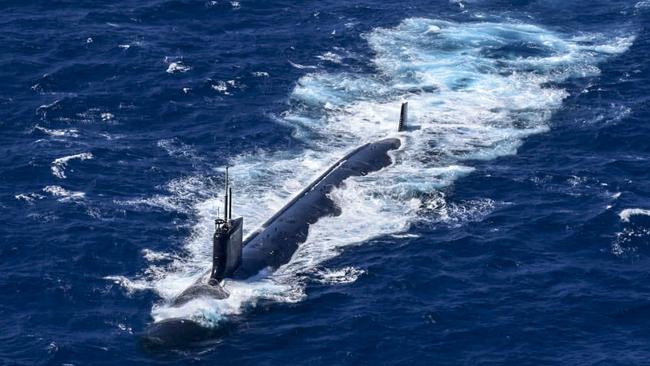
No one should imagine that the Communist Party running China on a mix of ultranationalism and a zeal to right historical wrongs will stop its territorial ambitions with Taiwan.
Keating and Stanford argue that “in rediscovering our national interest” Australia must “emphasise its policy of maintaining the status quo in terms of Taiwan”. This is a talking point, not a strategy. The problem is that China has ended the status quo over Taiwan.
The status quo does not allow for Beijing to openly plan for Taiwan’s subjugation. Nor does it grant Beijing the unilateral right to determine how other countries interpret the idea of a one-China policy.
Bob Carr’s article on this page on Tuesday continues the obsession some have with talking points. Urging Anthony Albanese to call for de-escalation is utterly pointless given that no one in Beijing is listening. We cannot wish strategic reality away with weasel words.
Keating and Stanford’s ultimate point is to say: “To survive and prosper, we need to develop a mutually successful modus vivendi with China.” Australian governments have been trying to do that for years.
In its current mood, Beijing has no interest in agreeing mutually successful outcomes with anyone. The only thing that will stay Xi Jinping’s hand on Taiwan is a solid determination backed with military power on the part of the US and its allies not to give ground in the face of bullying.
If only this were not so. But it’s our strategic fate to manage. We cannot plan an exit strategy from our own region.



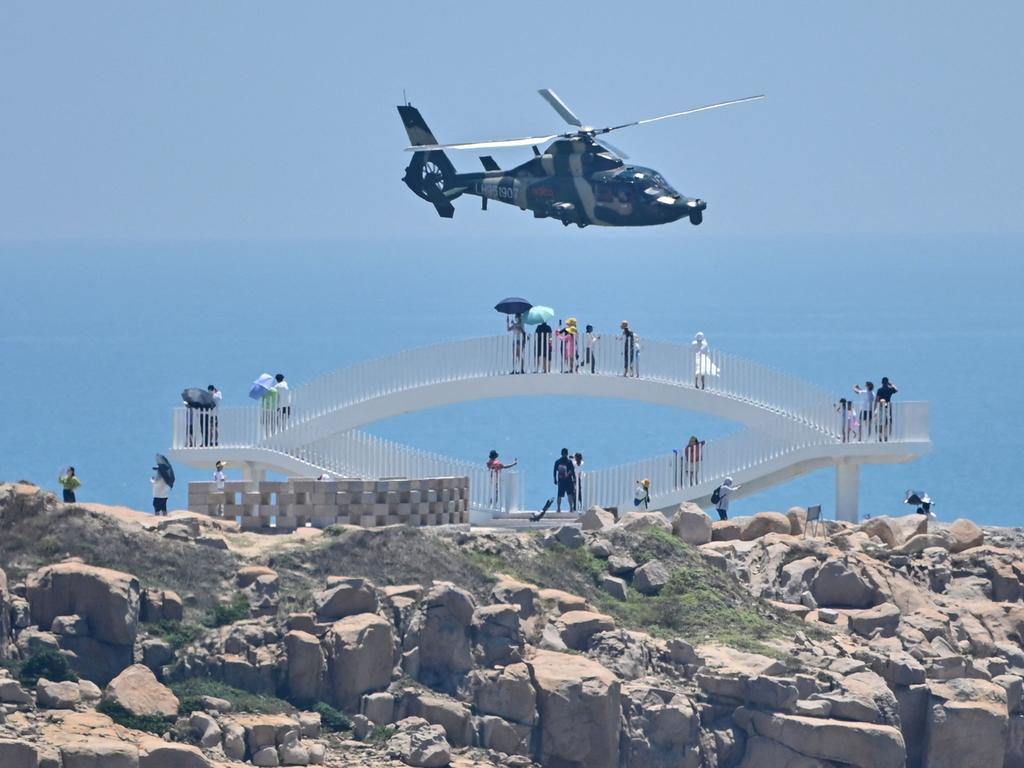

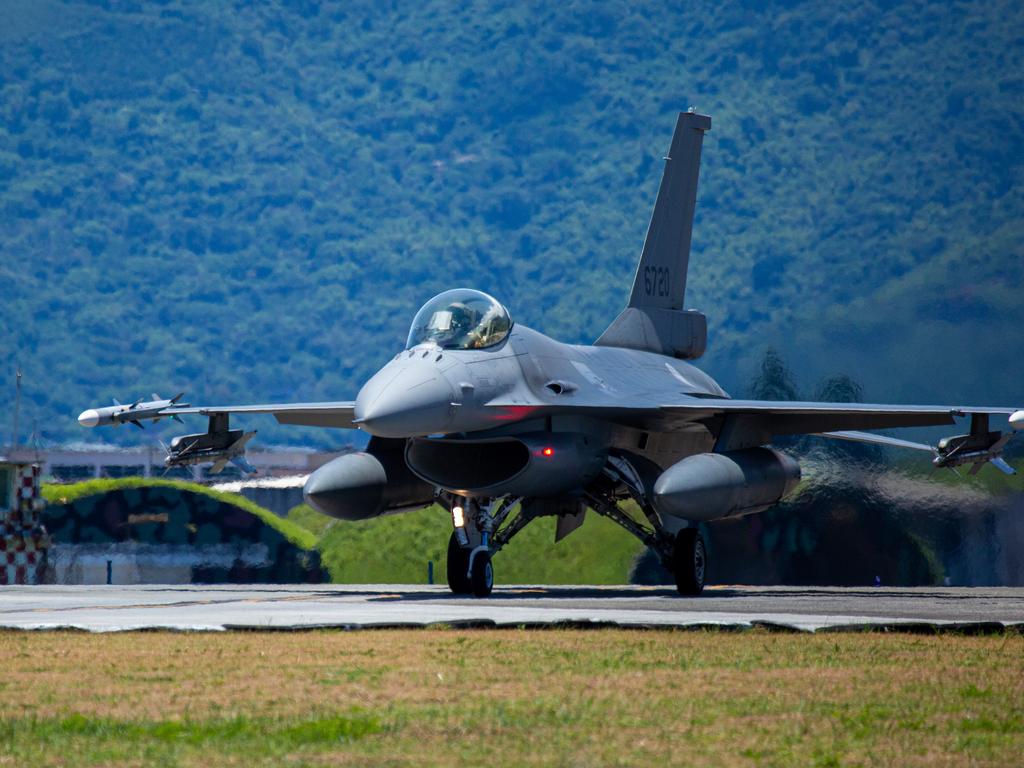


In the pages of The Weekend Australian last Saturday, Michael Keating and Jon Stanford offered a clever means for Australia to avoid the consequences of a dreadful war between China and the US over Taiwan.